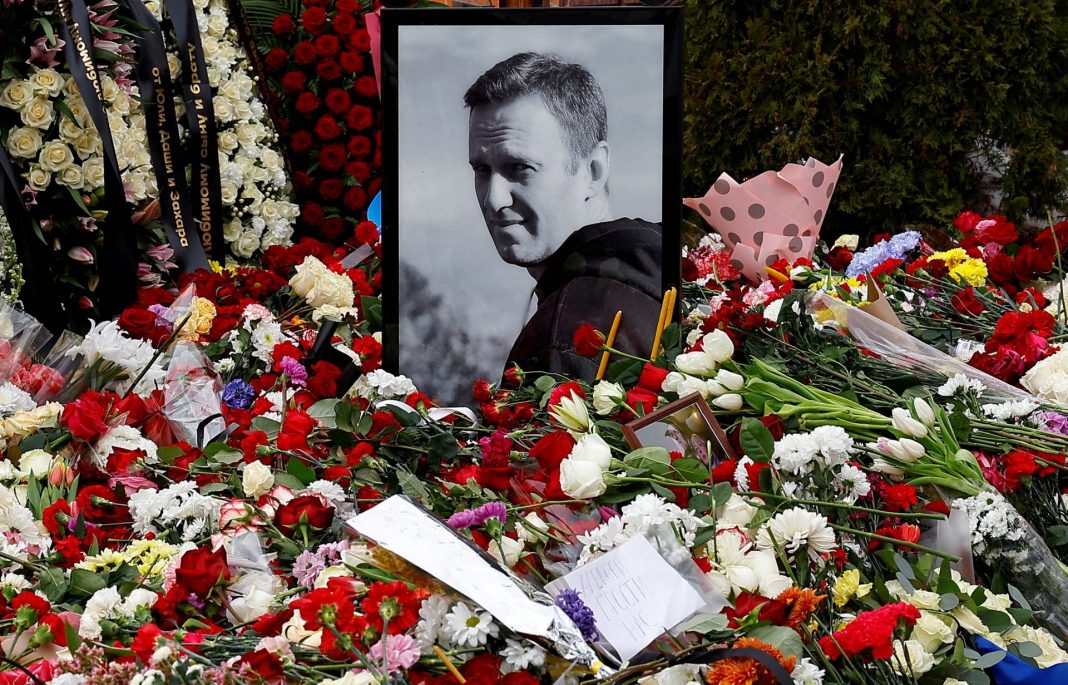The sanctions list includes Russian Deputy Minister of Justice Vsevolod Vukolov, First Deputy Chairman of the Russian Supreme Court Pyotr Serkov, head of the Moscow Department of the Federal Penitentiary Service Sergey Moroz, and others.
All the individuals from the black list are prohibited from entering the EU territory and their assets, if any, found in the EU are subject to freezing.
As regards correctional facilities Nos. 6 and 3, European businesses are prohibited from keeping any communication with them or providing them with money in any form, whether as loans or investments.
Navalny, who had been serving a lengthy sentence due to violations of the terms of a previous fraud sentence and “extremist activities,” died at a penal colony in the Yamalo-Nenets Autonomous Region on February 16.
The prison authorities announced the 47-year-old suddenly fell ill after a walk and collapsed, with efforts to resuscitate him failing. According to the Anti-Corruption Foundation (FBK), an NGO formerly headed by Navalny, the death certificate provided to Navalny’s mother said he had died of natural causes.
The Kremlin has denied involvement in Navalny’s death and says Western allegations that President Vladimir Putin was responsible are unacceptable.
Navalny became famous in the 2010s by posting investigations to his blog and YouTube channel, in which he accused high-ranking Russian officials and businessmen of corruption. He unsuccessfully ran for mayor of Moscow in 2013 and helped organize several anti-government protests.
He accused the Kremlin of trying to poison him with a nerve agent in 2020. The Russian authorities have denied the allegations.
Navalny was put behind bars in 2021 for violating the terms of his suspended sentence for fraud. Two years later, he was sentenced to 19 years in prison for “extremist activities”. He denied any wrongdoing and insisted that the charges against him were politically motivated.
